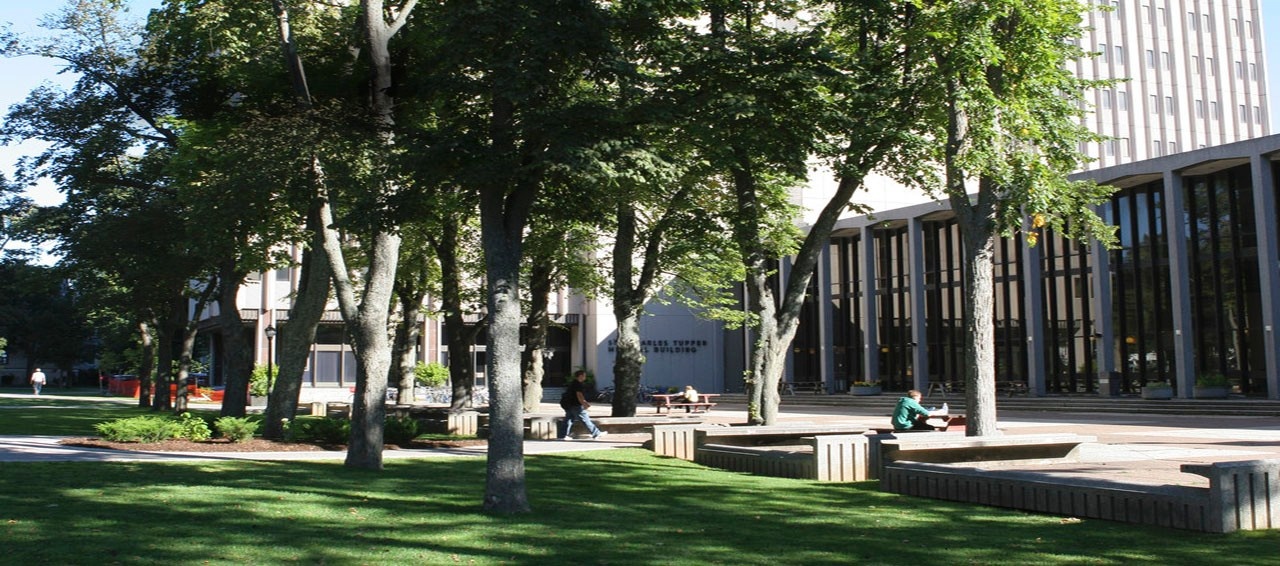UGME Curriculum Refresh
Part of ensuring a world-class education is ongoing review, evaluation and as-needed modification of the curriculum based on emerging trends in medicine and medical education, as well as local, national and global developments. To this end, UGME embarked on a Curriculum Refresh in May of 2020, with the goal of implementing needed changes in time for the start of the 2022-2023 academic year. While staying abreast of changing times is never complete, we are pleased to report significant progress. Please see here the comprehensive report [PDF - 6.8MB] delivered by Dr. Evelyn Sutton, the project leader, to the Dean of Medicine.
The Curriculum Refresh drew on the expertise and time of a great many faculty and staff members, starting with working groups each focussing on an area identified as not being sufficiently addressed within the undergraduate medical program: addictions medicine, competency-based learning, generalism, health systems, planetary health, priority communities, and public health. In addition, two working groups attended to an overarching theme: student wellness; and equity, diversity, and inclusivity (EDI). To widen the circle, each working group held a town hall for faculty, staff and students as it neared the completion of its report and recommendations (winter 2021). Then, following submission of working group reports to the steering committee, work began on turning recommendations into action, whether that be new learning sessions, or changes to existing lectures, tutorials, case practice sessions, and seminars. Those faculty members involved well know what that looked like; but for a full view of the scope and the details, please see the report, including the appendices.
Not everything planned has been implemented – more is to come in the 2023-2024 academic year as we prepare the needed supporting resources, and/or stage significant changes to match the progress of the Class of 2026. For example, all 200 tutorial cases in Med 1 and Med 2 are being revised to present students with a far more diverse array of case patients, in part to more honestly represent the diversity of patients that interact with the health care system, but also to disrupt normative assumptions about who is served and what values are upheld by health care in Canada. This work is guided by the Case Diversification Committee and executed by a full-time curriculum developer, working collaboratively with the faculty leads who are responsible for these tutorials. It is intensive work, and we believe breaking new ground in medical education. It affects not only the students but their tutors as well, and over time will infuse the program as a whole. Therefore, we are proceeding thoughtfully, making changes to the cases in Med 1 this year, taking feedback from learners and teachers, adjusting accordingly, and then moving on to the cases in Med 2 in time for the beginning of the 2023-24 academic year.
The undergraduate program will continue to evolve in anticipation of and in response to the changing environment which it serves and in which it is embedded. We are not done with changes, but we are confident in the quality of the changes we have made. Please take a few moments to read the report [PDF - 6.8MB].
Questions or comments? Please email ugme@dal.ca.
